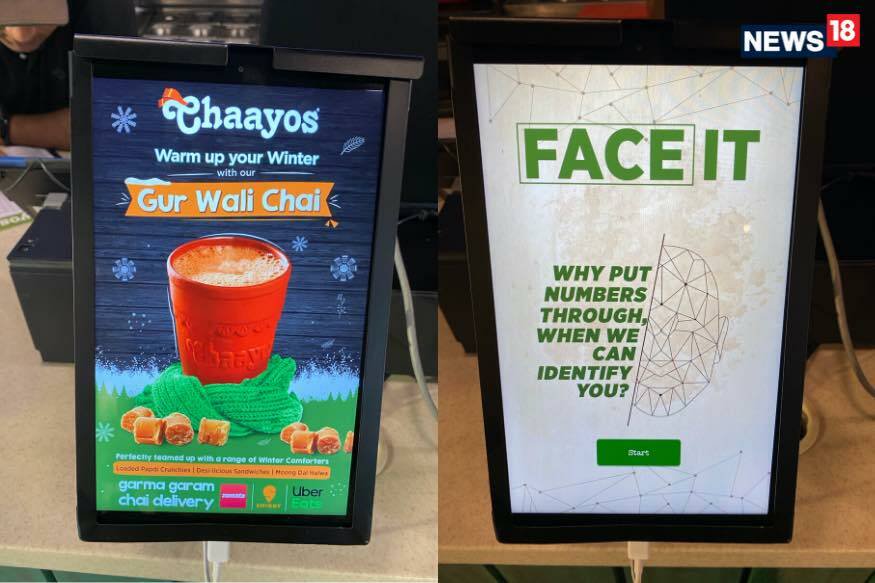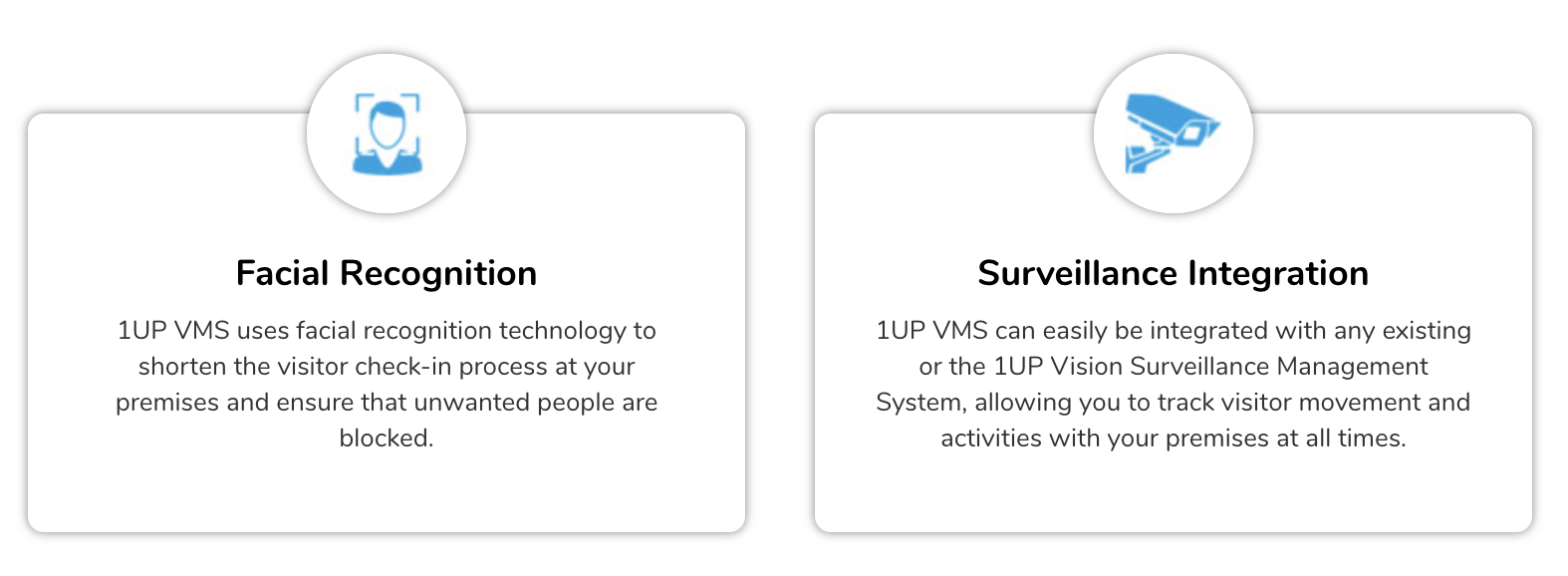Face Recognition News Roundup
This post is a brief summary of the newest developments involving face recognition and its growing use all over the world. This time the news involve the Indian teahouse chain Chaayos, the US-Mexico border, Macau police, the Electronic Frontier Foundation and Google.
Chaayos
The Indian teahouse chain Chaayos is now using face recognition during checkout to identify customers for its loyalty program. The technology replaced a one-time password sent to a customer’s phone and was introduced without an apparent option to opt out and without clearly informing the customer that a photo will be taken. What will happen to the photos once they have been taken is anyone’s guess, since Chaayos’ privacy policy states that “customers should not expect that the customers information should always remain private.”

Source: News18
Commercial Access Management
Teahouses in India are not the only places where your face is scanned. The technology expert Prasanto K Roy told the BBC many private companies in India collect biometric information with no legal regulation and no published privacy policies.
For instance DLF, one of north India's top real-estate developers which has built and manages dozens of commercial buildings, demands that a visitor first authenticate herself using a text message (OTP) password, and then on camera-equipped tablets placed at the entrance, gets photographs taken of her face and her government-issued identity card, and sign off on the page.
One of the companies offering such services is 1UP VMS. One of their products to handle access management for commercial buildings is visitor checkin using face recognition. It claims on its website that “1UP VMS can easily be integrated with […] the 1UP Vision Surveillance Management System, allowing you to track visitor movement and activities with your premises at all times.”

Source: 1upvms.com
US-Mexico Border
US Customs and Border Protection has started using face recognition on the US-Mexico border, at one of the pedestrian border crossings in El Paso with plans to deploy the technology to all three crossings in El Paso by the end of the year. Face recognition is used to compare a live photo of the traveler with the photo from the travel document or the visa application. US citizens can opt out of the program but even if they don’t their photos will be deleted within 12 hours. Photos of foreign nationals, however, will be stored with the DHS. This appears to be part of the Traveller Verification System (TVS), a biometric entry/exit system spanning all US border crossings.
Macau Police
In the first quarter of 2020, Macau police is planning to test face recognition in 50 of the city’s CCTV cameras with additional 50 cameras to follow in the second half of the year. The plans have encountered opposition from one of the local political parties. In response, the police has announced that it is asking the Personal Data Protection Office for its legal opinion, while maintaining that it is not obliged to do so. A gesture of goodwill so to speak.
About Face
Finally some more positive news. On November 22, the Electronic Frontier Foundation (EFF) has launched About Face, a campaign to end government use of face recognition at all levels of government in the US—city, state and federal.
Google's Face Scanning
Google has announced that it is stopping its program to scan people’s faces in exchange for $5 gift cards. The program was controversial since it appeared to target homeless black people and the contractors who did the scanning were cavalier about explaining the consent forms and detailing the purpose of the scans.